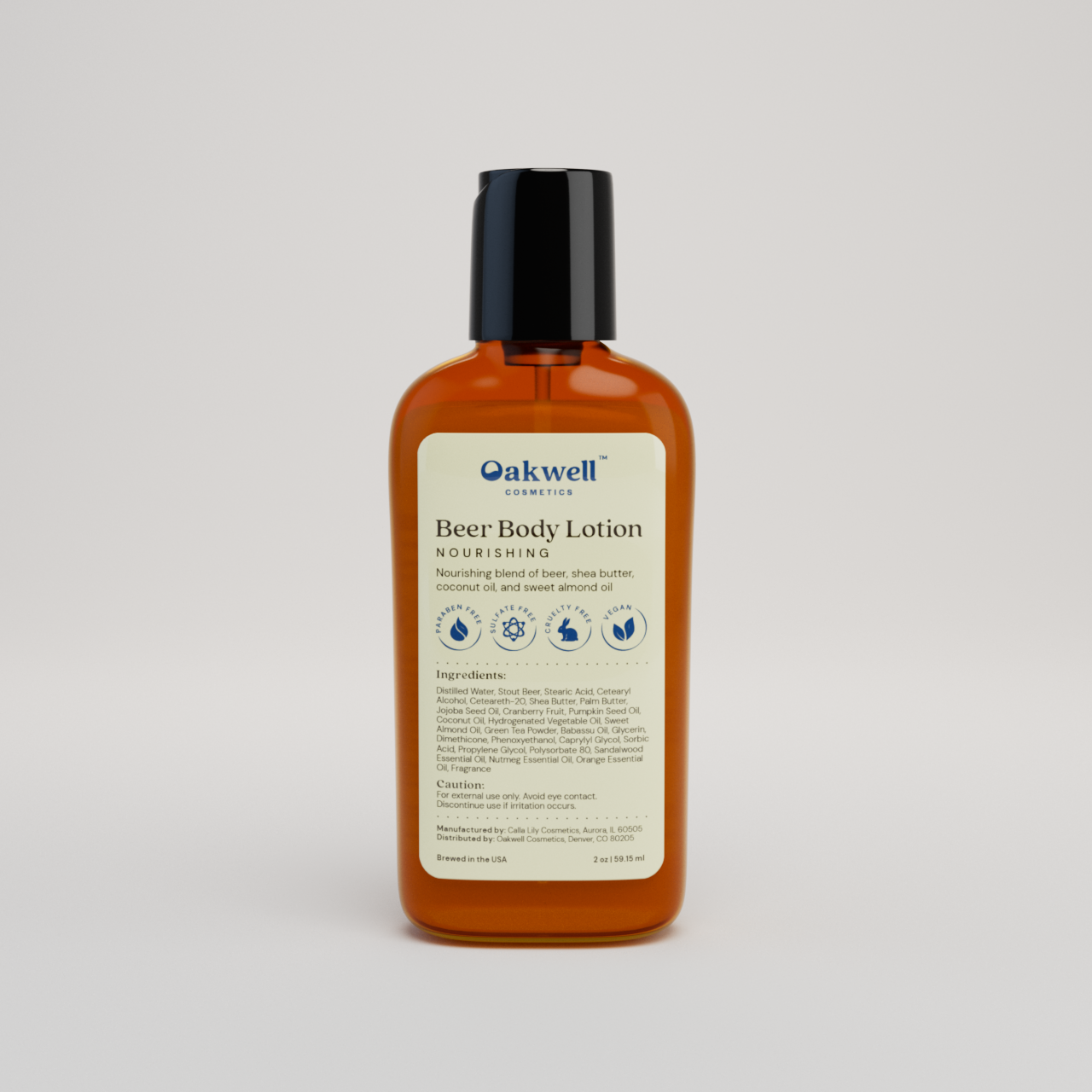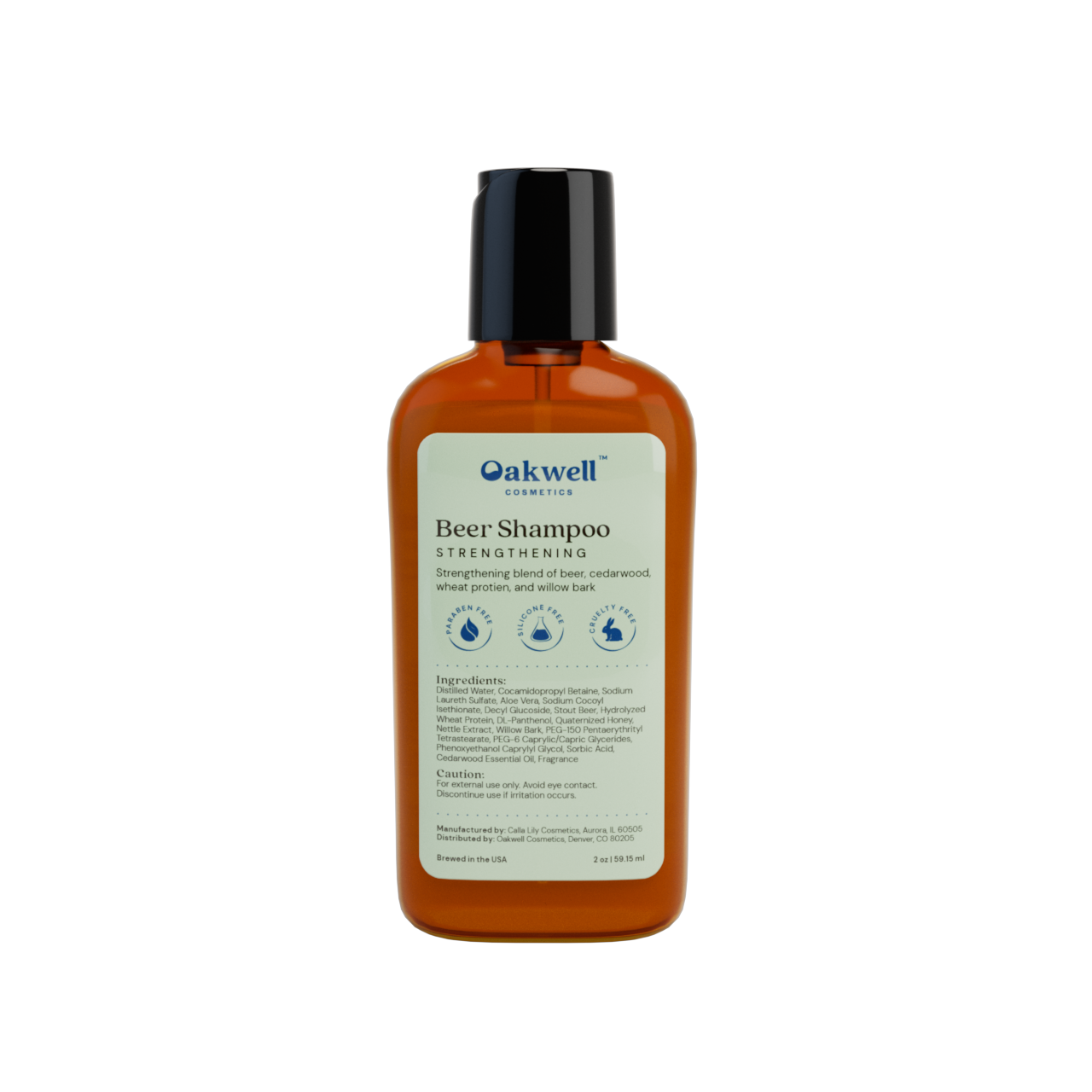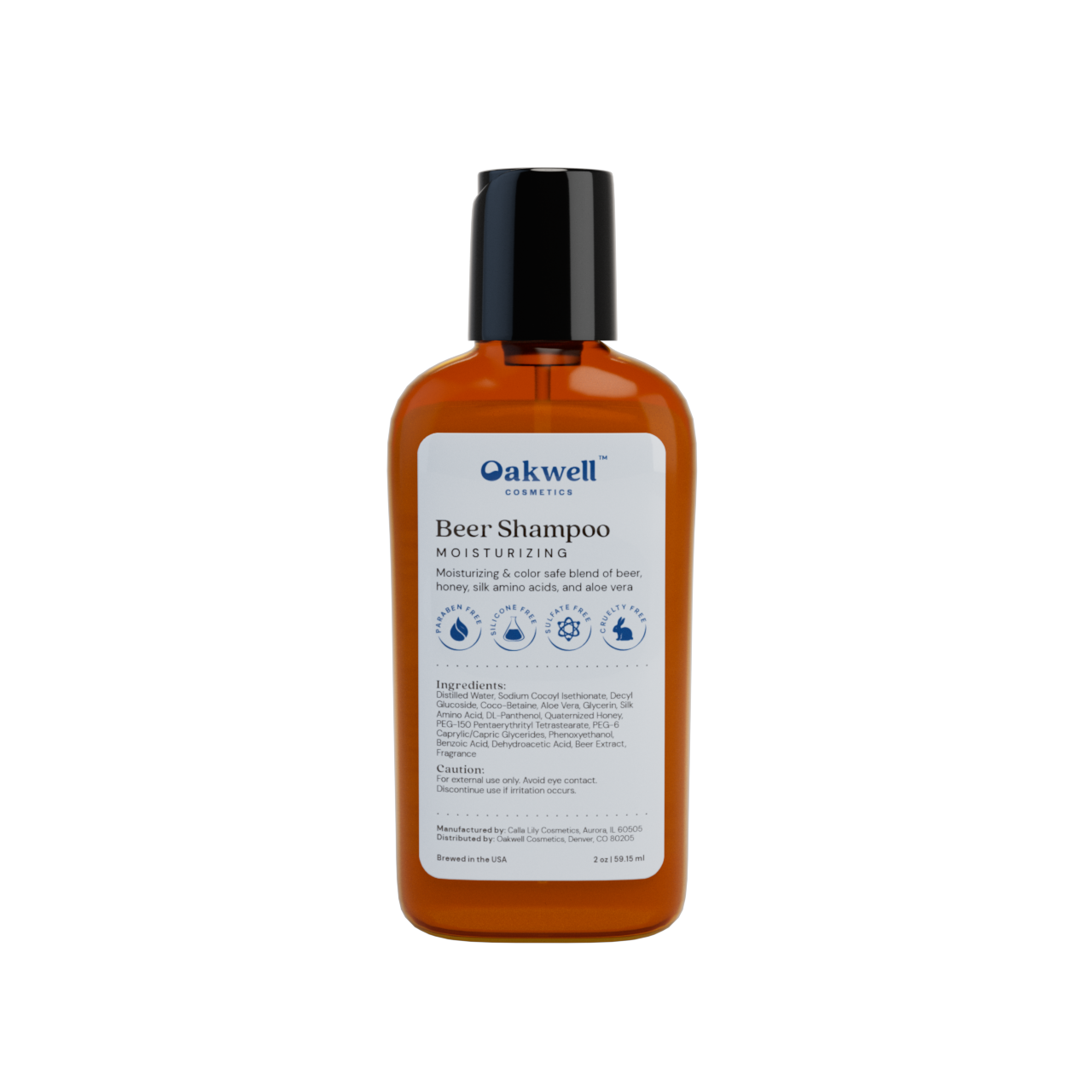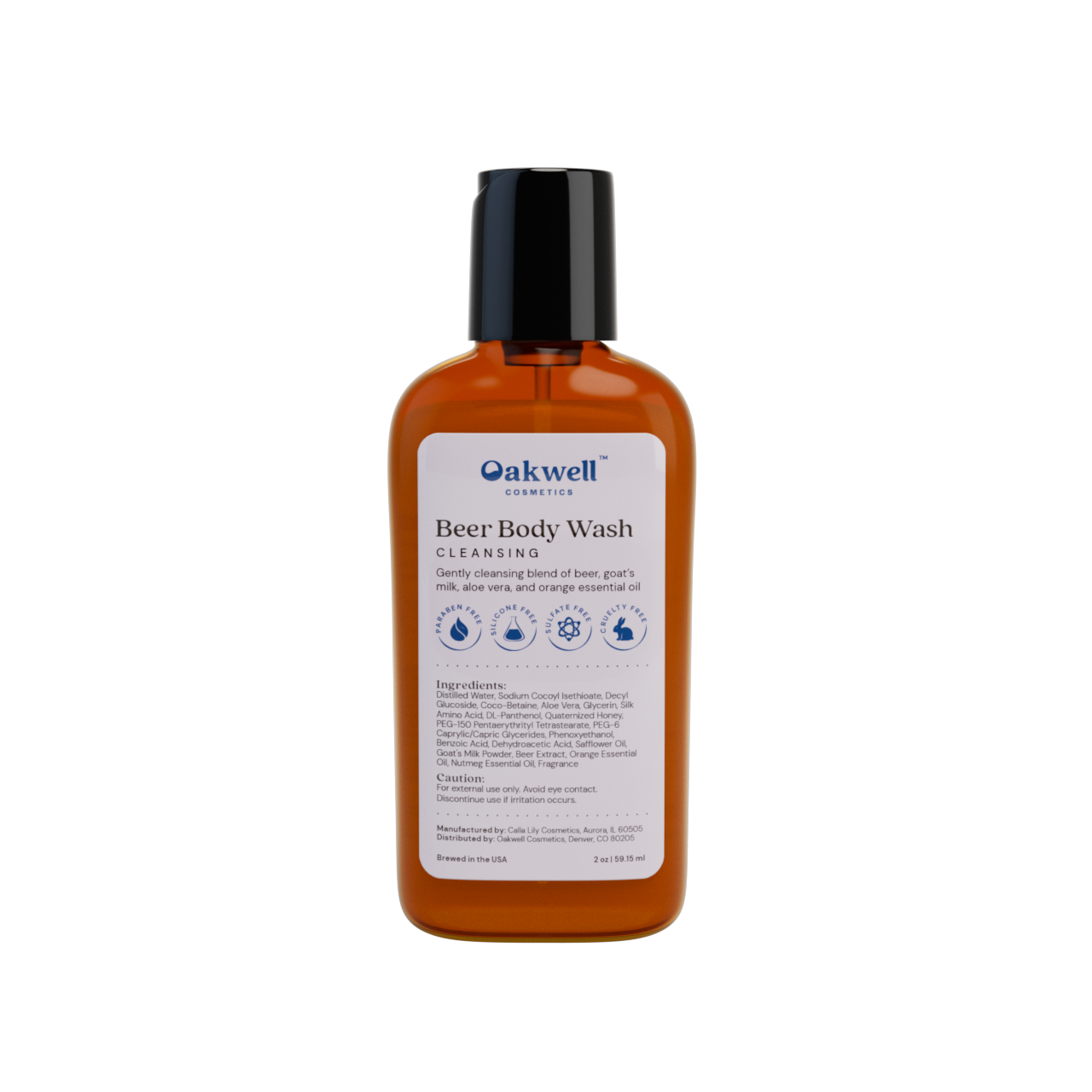How to Care for Dry Skin in Summer: Expert Insights

Are you struggling with dry skin this summer? In this article, we’ll discuss why your skin might be dry and how you can treat and prevent it. We’ll also answer common questions so you can experience healthy, hydrated skin.
Dry skin is often evident if your skin feels tight or itchy, appears dull, or has flaky patches, says Dr. Hannah Kopelman, a Dermatologist at Kopelman Aesthetic Surgery and Hair Restoration. Fortunately, there are ways you can treat dry skin, including hydration and SPF.
Why is my skin so dry in summer?
Kopelman explains that skin can get dry for several reasons during summer:
- Sun exposure - UV rays can damage your skin cells, causing depletion of natural oils
- Air conditioning - While AC keeps you cool, it removes humidity from the air and can dry out your skin
- Activities - The chemicals and minerals in chlorine and salt water can strip your skin's natural oil and dry it out, so many people who swim a lot experience dry summer skin

How to Care for Dry Skin in Summer
To prevent or care for dry summer skin, Kopelman recommends staying hydrated, protecting your skin from the sun, and using chemical-free moisturizing skincare. Below, we’ll discuss how you can do each of these.
Stay Hydrated
Dehydration is one of the most common reasons for dry skin. Water from various sources can help you rehydrate your body.
The following tips can help you stay hydrated:
- Drink plenty of water - Howard E. LeWine, MD, recommends 15.5 cups for men and 11.5 cups for women daily, and this can include drinking water, tea, or juice, and eating fruit
- Eat hydrating fruits and vegetables - Cucumbers, iceberg lettuce, celery, and tomatoes each have at least 94% high water content
- Use a humidifier - Keep the air moist by using a humidifier overnight while you sleep or for a few hours each day
Use High SPF Sunscreen
Sun Protection Factor (SPF) protects your skin against the sun’s UVB radiation and can help prevent your skin from drying out.
According to the Skin Cancer Foundation, you should apply sunscreen with SPF 30 or higher to all parts of your body exposed to the sun at least every two hours. Broad-spectrum sunscreen is best because it protects against UVA and UVB rays.
Limit Sun Exposure
Sunlight is beneficial because it helps your body produce helpful chemicals and vitamins, including melatonin, serotonin, and Vitamin D. However, excessive sunlight can harm your skin.
Experts recommend spending at least 12 to 15 minutes per day in the sun, but if you plan to spend more time in the sun, be sure to use sunscreen with an SPF of at least 30 or wear sun-protective clothing to help prevent your skin from drying out.
Moisturize Your Skin
Being outdoors and exposed to sunlight during summer is often unavoidable. However, Kopelman recommends using moisturizing body lotion regularly to prevent dry skin, especially after sun exposure.
A moisturizing lotion with natural oils, such as coconut oil, is ideal because it acts as a barrier on the skin to maintain moisture.
For the best results, moisturize at least twice daily, once in the morning and once in the evening.

Avoid Harsh Chemicals
Kopelman suggests using gentle products without harsh chemicals to prevent further damage. Chemicals often dry out and irritate the skin, so natural skincare products are best for promoting and supporting good skin health.
A good rule of thumb is to stick to limited ingredients that you know or can easily research to discover that they're useful. Opt for sulfate and paraben-free products, as these ingredients often irritate the skin.
Dry Skin in Summer: FAQs
Get answers to common questions below to better care for your skin this summer.
Why is my skin so dry even when I moisturize and drink water?
If you're moisturizing and drinking water, check your skincare products for dehydrating ingredients such as chemicals. Opt for skincare products with natural ingredients, including oils, to help retain moisture.
Try using as few skincare products as possible and continue drinking plenty of water to see if there are any improvements. If not, consult a dermatologist who can help you determine the best solution.
What deficiency causes dry skin?
A vitamin or mineral deficiency can cause dry skin. According to the American Academy of Dermatology, you may be lacking Vitamin D or A, niacin, zinc, or iron if you’re experiencing dry skin.
How do I prevent dry skin in summer?
Stay hydrated, protect your skin from the sun, and use chemical-free moisturizers to prevent dry skin in summer.
Dry Summer Skin: Conclusion
We hope this article was helpful and that you find relief for your skin. While dry skin can be uncomfortable, there are solutions. Stay hydrated and protect your skin with sun protection and moisturizing skincare products.


Become a part of our community and be the first to learn all there is to know about Oakwell






